Java is an extremely common programming language, used nearly everywhere – Android apps, game consoles, even supercomputers. It is known for its simplicity, and its amazing portability. In today’s article, we will be looking at the 10 Best Java IDEs of All Time. An IDE (Integrated Development Environment) is an all-in-one software which not only lets you edit and compile your code, but also manages resources, provides deployment and version controlling options, and lets you use advanced debugging features for your entire project.
Best Java IDEs
1. NetBeans
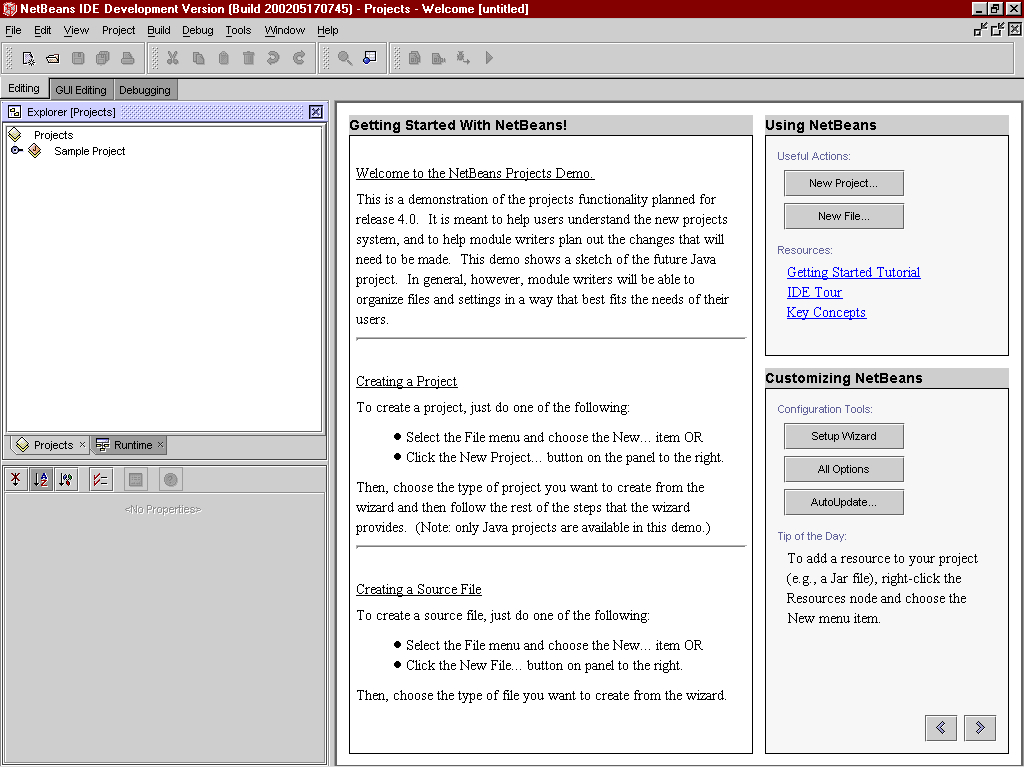
Once owned by Sun Microsystems, and now by Oracle, NetBeans is one of the best IDEs from the past decade. NetBeans is completely modularized, and all the IDE functions come in packages called modules. It offers easy integration with version control software. NetBeans was made open source by sun, so anyone can contribute to its development. It is free, and works on most operating systems and platforms.
- Developer: Oracle
- Platforms: NetBeans is a cross platform IDE, supporting Windows, Mac and Linux
- Pricing: Free
- Size: 186 MB for the Java EE Version
[vc_button title=”Download” target=”_self” color=”default” size=”size_small” href=”https://netbeans.org/downloads/”]
2. IntelliJ IDEA
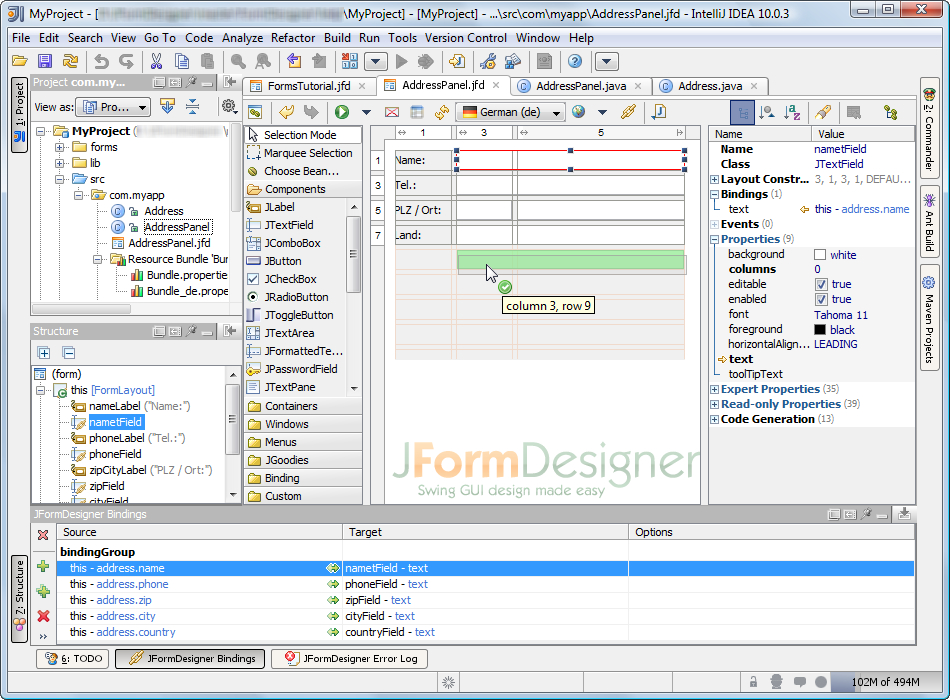
IntelliJ is a closed source Java IDE, and one of the ‘big three’ among Java IDEs (The other two being Eclipse and NetBeans). IntelliJ IDEA has a great, modern UI. It was chosen to be the base IDE for Android Studio, the new all-in-one software for developing Android apps, developed by Google.
There are two versions of IntelliJ, the Community Edition, which is free, and the Ultimate Edition which is fully featured and requires paid licenses to use.
- Developer: JetBrains
- Platforms: OS X, Linux, Windows
- Pricing: Paid ($199 individual user license). Free for Students and open source projects.
- Size: 180 MB for the Community Edition, 290 MB for the Ultimate Edition
[vc_button title=”Download” target=”_self” color=”default” size=”size_small” href=”https://www.jetbrains.com/idea/download/”]
3. Eclipse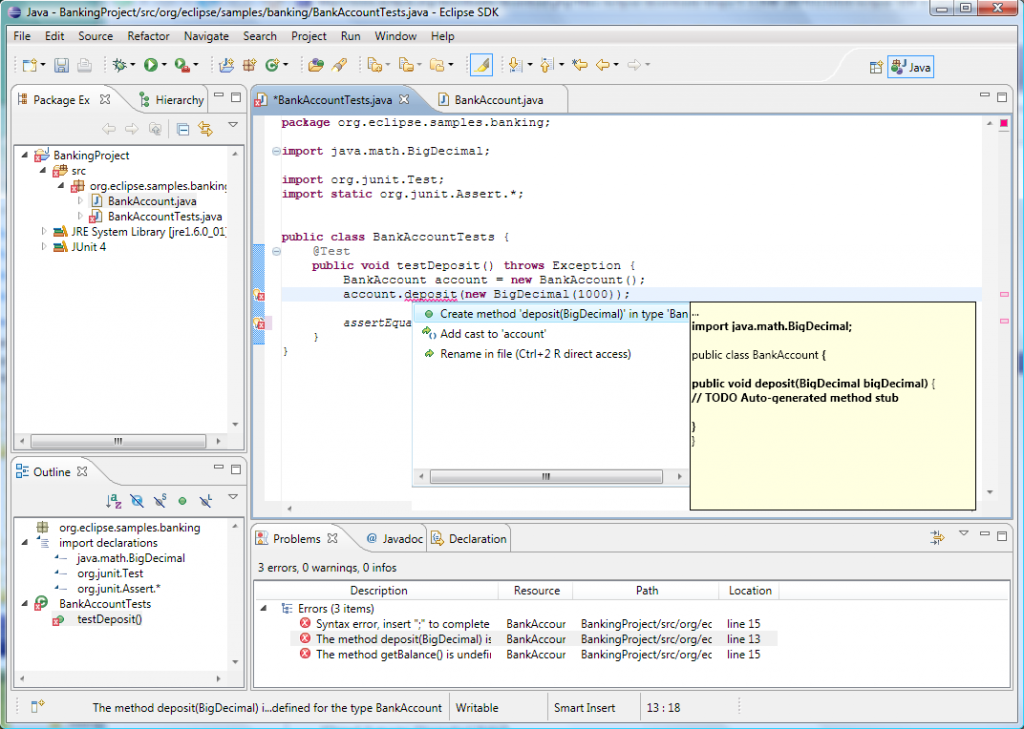
Eclipse is one of the most popular IDEs out there, and not for just Java, but also for C++ and PHP. Eclipse is an open source tool and has a great community of developers. It also features a huge library of plugins, all made by users. Eclipse latest big release came last year with Eclipse Luna, which offered support for Java 8. Eclipse was also the base IDE for the old Android SDK (Software Development Kit).
- Developer: Eclipse Foundation
- Platforms: Eclipse is available for Windows, Mac, Linux and OSX
- Pricing: Free
- Size: The Eclipse Luna download package for Java Developers is (almost) 155 MB.
[vc_button title=”Download” target=”_self” color=”default” size=”size_small” href=”https://eclipse.org/downloads/”]
4. Jdeveloper
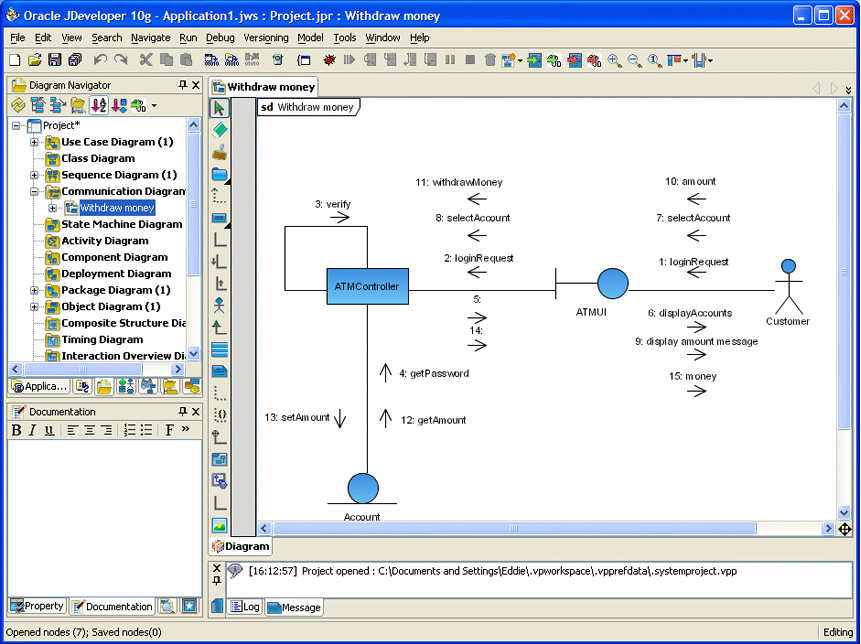
JDeveloper is a fully free IDE released by Oracle. JDeveloper offers several features like, Refactoring, Version Control, Audit & Metrics,Debugging, Profiling. Ant Support and Maven Support. It comes in two editions, a Studio edition which has a fully loaded tool set for creating programs in Java, and a Java Edition, which lacks J2EE, ADF, UML and Database features, but is much smaller and faster. The Java Edition has all the core features needed for Java and should satisfy most beginner and intermediate Java coders.
- Developer: Oracle
- Platforms: Cross Platform
- Pricing: Free
- Size: Java Edition-181 MB, Studio Edition -1.8 GB
[vc_button title=”Download” target=”_self” color=”default” size=”size_small” href=”http://www.oracle.com/technetwork/developer-tools/jdev/downloads/index.html”]
5. Dr. Java
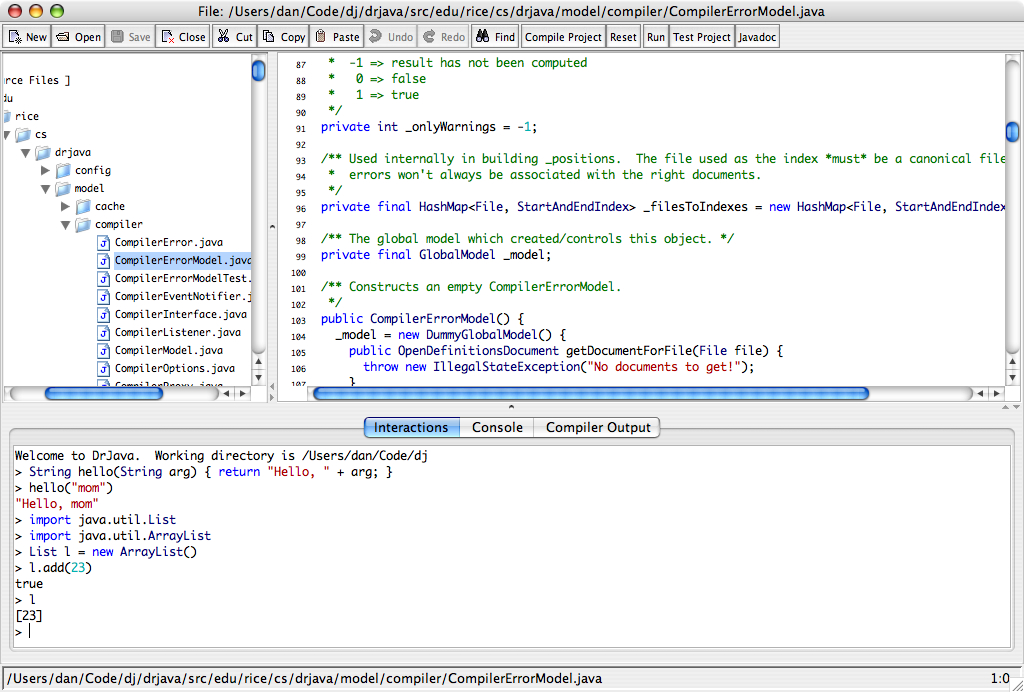
Dr. Java is a lightweight Java IDE which is maintained on Sourceforge. It is designed primarily for Students, and beginners, but also has advanced features for Java pros. It is free and open source. Dr. Java is maintained by the JavaPLT group at the Rice University. Its interface has been designed using the Swing toolkit developed by Sun Microsystems.
- Platforms: Cross Platform
- Pricing: Free
- Size: 13 MB
[vc_button title=”Download” target=”_self” color=”default” size=”size_small” href=”http://www.drjava.org/”]
6. BlueJ
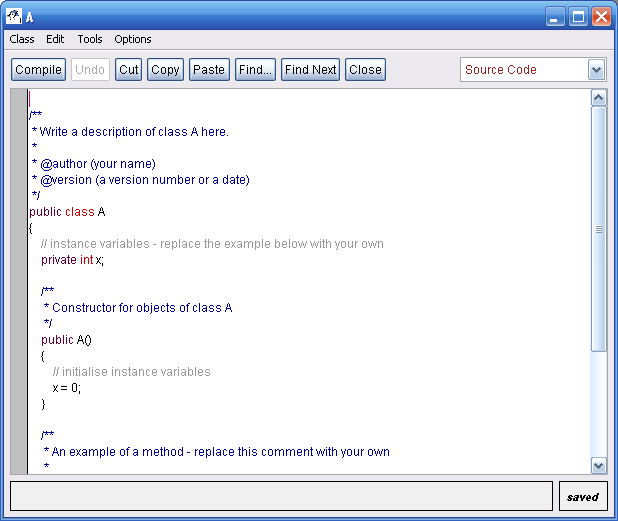
BlueJ is an open source Java IDE built for educational purposes. It is also suited for developing small software projects. BlueJ’s interface is quite basic, so that beginners can make good use of it. It shows classes and objects in a clean, visual manner. The main aim of BlueJ is to teach Object Oriented Programming, so it is an excellent tool for new learners, powerful, without the clustered nature of other, professional IDEs.
- Platforms: Cross Platform
- Pricing: Free
- Size: 160-170 MB ( including JDK)
[vc_button title=”Download” target=”_self” color=”default” size=”size_small” href=”http://www.bluej.org/”]
7. jCreator
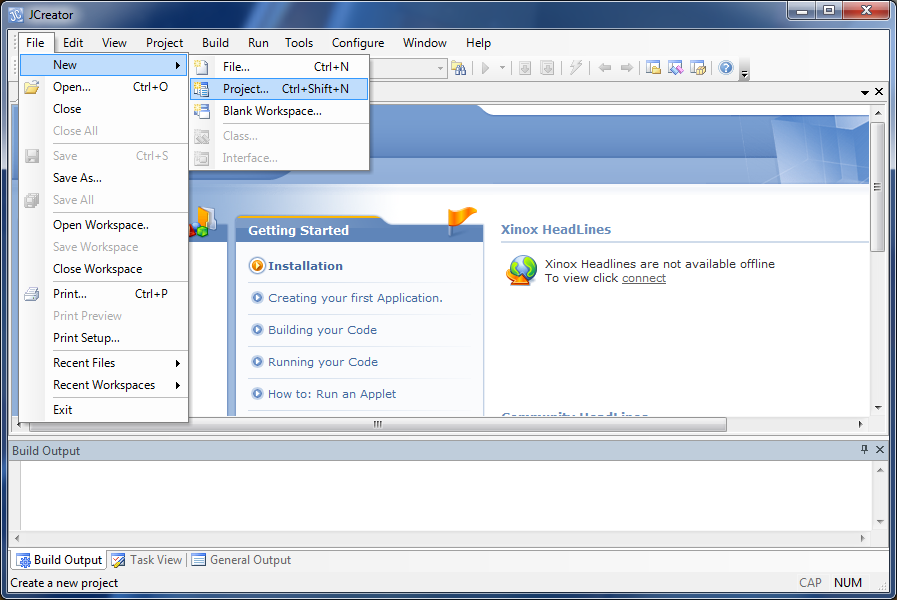
jCreator is a fast and efficient Java IDE written in C++ (Which supposedly makes it faster than other IDEs which have been written in Java). It has an interface similar to earlier versions of Visual Studio, and lets you customize it to your preference. jCreator is a paid IDE, but a free version without features like auto code completion, is also available. jCreator offers only Windows support, but it can be run on Linux using Vine.
- Developer: Xinox Software
- Platforms: Windows only.
- Pricing: Free
- Size: 7.2 MB for Trial Version
[vc_button title=”Download” target=”_self” color=”default” size=”size_small” href=”http://www.jcreator.org/download.htm”]
8. jGrasp
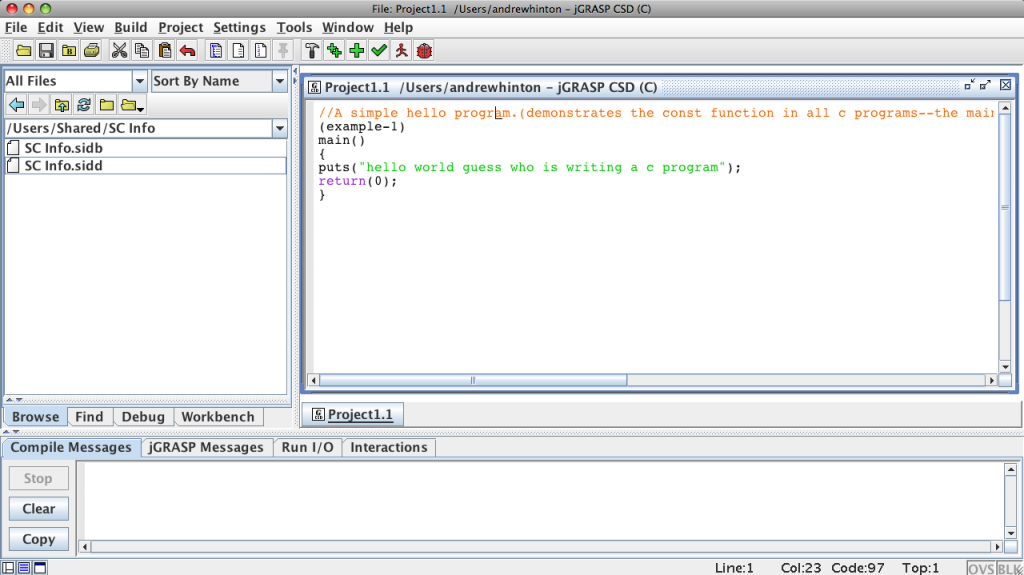
jGrasp is another super-lightweight Java IDE, which focuses on software visualizations. It has features like UML class diagrams which help in improving code readability. jGrasp generates visualizations automatically, and also has data structure identification mechanisms, dynamic object viewers and several other features which present Java code in a nice, readable textbook-like view.
- Platforms: Cross Platform
- Pricing: Free
- Size: 5MB
[vc_button title=”Download” target=”_self” color=”default” size=”size_small” href=”http://spider.eng.auburn.edu/user-cgi/grasp/grasp.pl?;dl=download_jgrasp.html”]
9. Greenfoot
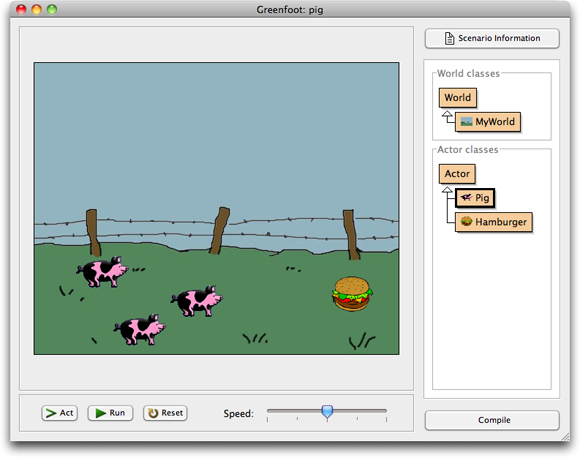
Greenfoot is an educational Java IDE that is almost completely interaction based. It relies heavily on visualization of data structures and is optimized for creation of simple programs and 2D Java games. Greenfoot has a really great online sharing feature that is baked directly into the IDE. Users can share their programs online for others to view, and to receive help and feedback. Shared projects can be directly edited online. Overall, Greenfoot is great for beginners.
- Platforms: Cross Platform
- Pricing: Free
- Size: 162 MB for Windows (JDK included)
[vc_button title=”Download” target=”_self” color=”default” size=”size_small” href=”http://www.greenfoot.org/download”]
10. Codenvy
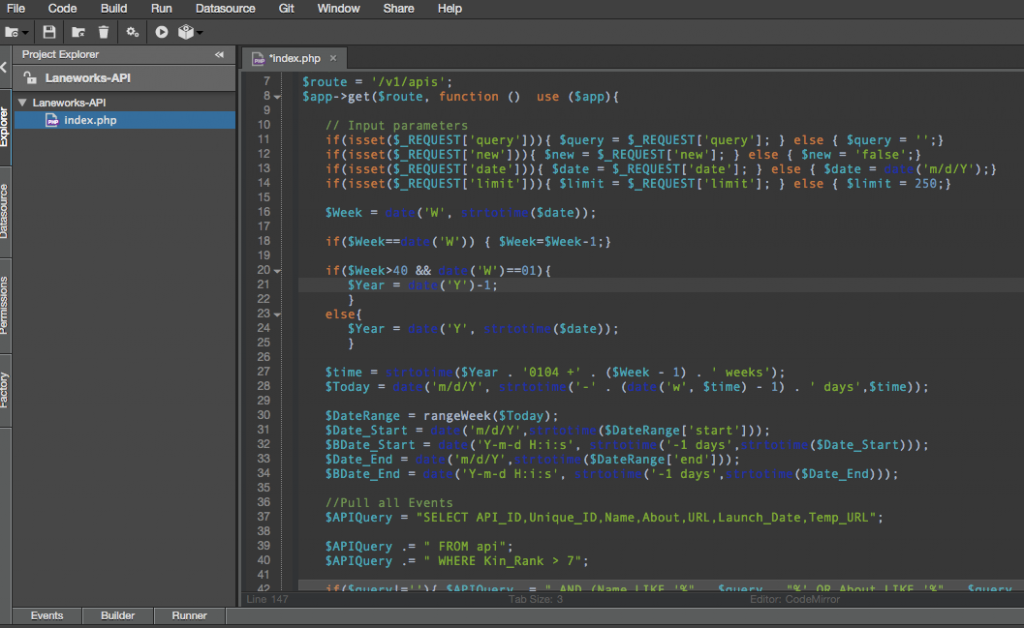
In the last entry of our list, we have Codenvy, which, unlike all the other IDEs mentioned till now, is purely cloud based. No installation required. Codenvy has all the bells and whistles of a fully featured ‘offline’ IDE, including build/run/debug environments. The ability to collaborate in real time is one of Codenvy’s desirable features. Codenvy has a great interface and several workspace options. It is available after paying a monthly subscription fee. The community edition of Codenvy is free to use.
Detailed Info:
- Developer: Codenvy Inc.
- Platforms: Cross Platform (Browser based)
- Pricing: Free for the community edition. Subscriptions for premium version starting from $1 per month.
[vc_button title=”Download” target=”_self” color=”default” size=”size_small” href=”https://codenvy.com/”]
SEE ALSO: Top 15 Programming Languages to Learn in 2015
If you have any suggestion for our list of best Java IDEs, feel free to let us know in comments.


















